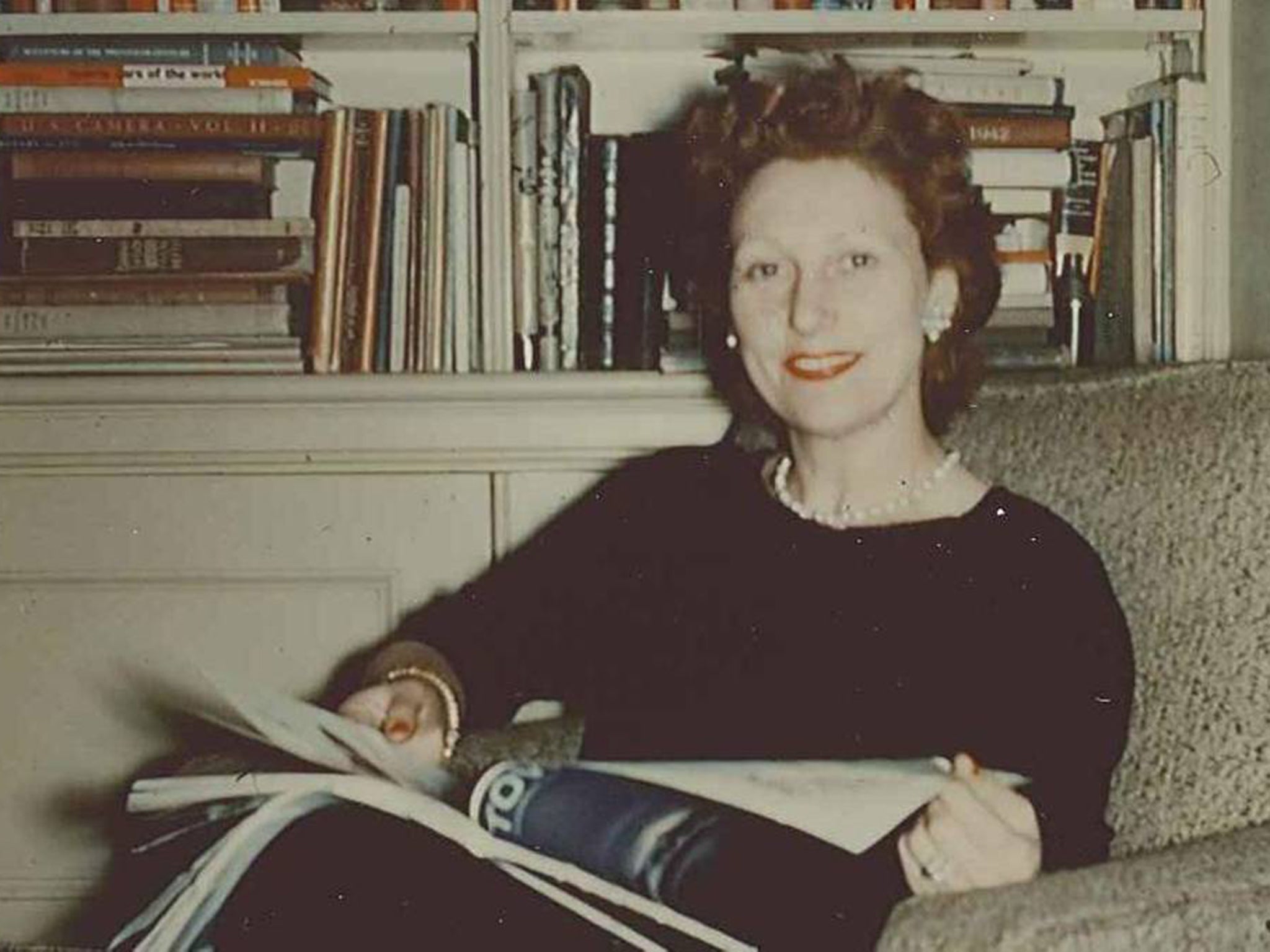Drue Heinz: Philanthropist and socialite who backed literary prizes and buoyed writers to write
She used the leverage marrying an heir of the Heinz tinned food empire afforded her to pursue her passion for literature by supporting writers, publications and institutions

Drue Heinz is the onetime actress who married an heir of the Heinz foods empire and became a cultural philanthropist and the publisher of the Paris Review.
Heinz, the Norfolk-born widow of Henry J Jack Heinz II, was a quiet but influential force in the literary and cultural life of the US and Britain for decades.
She endowed literary awards in both countries, supported quarterly journals and a publishing house, and bankrolled a major expansion at the Metropolitan Museum of Art in New York.
She and her husband devoted much of their philanthropy to Pittsburgh, the home base of the Heinz family’s enterprises, where they were instrumental in the development of the city’s downtown cultural district in the 1970s.
Heinz, who often stayed awake all night reading, used her fortune largely to benefit the visual arts and literature. Her circle of friends included artist Andy Warhol and writers Antonia Fraser, Harold Pinter, Norman Mailer and Tom Wolfe.
Although she gave few if any interviews, Heinz became known for the glittering parties she held at her homes in New York and London, where royalty and political leaders and members of the Rolling Stones might mingle with struggling poets in T-shirts.
Heinz was a longtime friend of the Paris Review’s founding editor, George Plimpton, and served as publisher of the influential literary magazine from 1993 to 2007. She sometimes contributed to it herself, including an extensive 1995 interview with Ted Hughes.
In 1970, Heinz became the principal benefactor of Antaeus, a quarterly journal that playwright Tennessee Williams called “the most distinguished literary magazine in the English language”. Antaeus shut in 1994.
With guidance from her husband’s college friend, publisher James Laughlin, Heinz helped launch Ecco Press in 1971. It became a leading publisher of poetry and classic works of literature by such authors as Anton Chekhov, Charles Dickens and Herman Melville. Ecco is now part of the HarperCollins publishing group.
In Pittsburgh, Heinz endowed a lecture series and the Drue Heinz Literature Prize, an annual fiction award with a national profile. The prize, currently valued at $15,000 (£10,600), includes the publication of a collection of short stories by the University of Pittsburgh Press – this year’s has just been won by 36-year-old Toledo resident Brad Felver.
In the 1980s, Heinz bought a picturesque Scottish castle, Hawthornden, that had been the home of poet William Drummond in the 17th century. She maintained a residence there but also transformed the castle into a writers’ retreat. Names of writers who occupied rooms in the past were recorded on the doors.
Heinz later underwrote the Hawthornden Prize, a British literary award established in 1919, and endowed a professorship of American literature at Oxford University.
She was on the boards of many cultural institutions, including the Carnegie Museum of Art in Pittsburgh, the American Academy in Rome and the Pierpont Morgan Library and Metropolitan Museum of Art, both in New York.
She financed an expansion of the Met’s gallery of 19th- and 20th-century European art, which was completed in 2008.
She was born Doreen Mary English to her father an army officer, her mother a homemaker.
Little is known about her early years, but the Daily Telegraph reported that she may have worked for a British intelligence service during the Second World War.
In the late 1940s and early 1950s, she was an actress, first under the name Doreen English and later as Drue Mallory. She had small parts in several films, including Uneasy Terms (1948), Three Came Home (1950), starring Claudette Colbert, and Please Believe Me (1950), with Deborah Kerr and Peter Lawford.
In 1953, she married Jack Heinz, grandson of the founder of Heinz foods. It was the third marriage for each. Jack Heinz was chief executive of the family’s food company from 1941 to 1966. He died in 1987.
Heinz’s first marriage, to John Mackenzie Robertson, ended in divorce. Her second husband, US diplomat Dale Wilford Maher, was found dead in his car in South Africa in 1948.
Before her marriage to Heinz, she had two daughters, who survive her, along with five grandchildren and six great-grandchildren.
Drue Heinz, philanthropist and socialite, born 8 March 1915, died 30 March 2018
Subscribe to Independent Premium to bookmark this article
Want to bookmark your favourite articles and stories to read or reference later? Start your Independent Premium subscription today.

Join our commenting forum
Join thought-provoking conversations, follow other Independent readers and see their replies